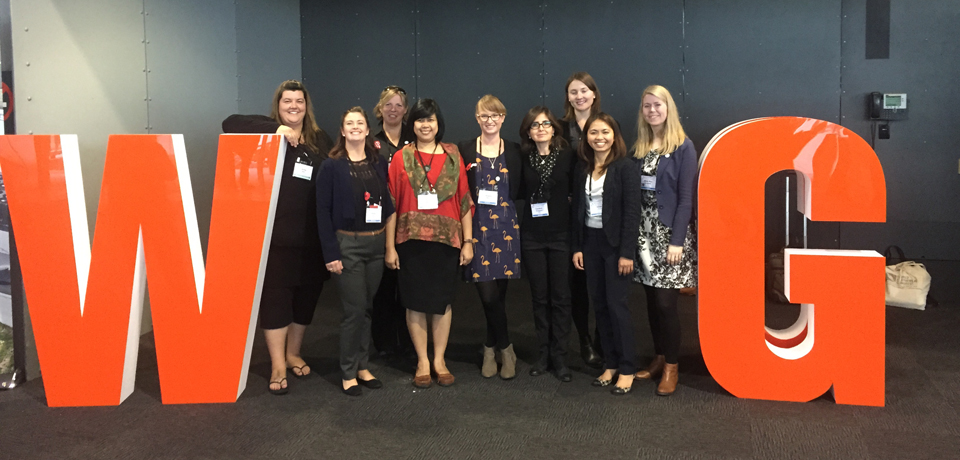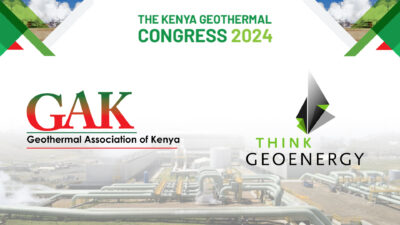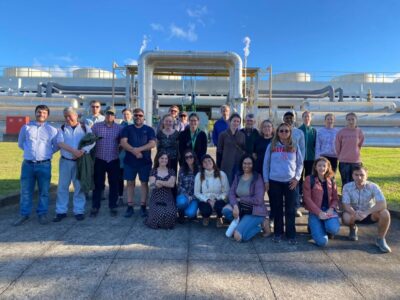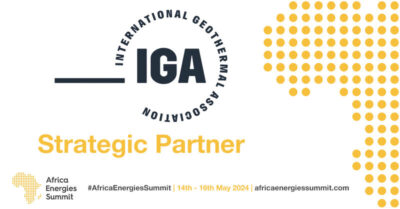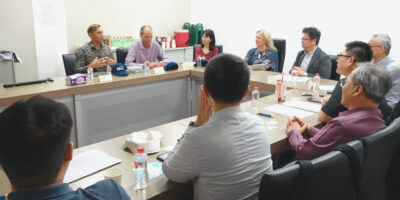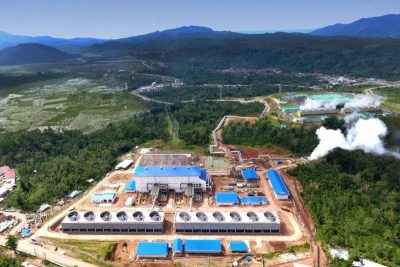Active participation of women essential in global energy transformation
As for any sector to improve productivity, innovation is needed and that requires diversity. Therefor the active participation of women in the energy transition is essential.
Sometimes it is worth to reflect on articles that might be a bit older, but still quite relevant. So I wanted to share this article published by IRENA earlier this year, which reflects on how important the active participation of women is in the global energy transformation.
By 2050, IRENA projects that there will be around 40 million jobs directly related to renewable energy and energy efficiency worldwide, a more than four-fold increase from today. Women comprise roughly half the world’s population, and their full inclusion is vital to ensuring that the new energy economy is based on the largest pool of talent, knowledge and skills. Moreover, energy poverty has a disproportionate effect on women, and one of the most effective ways to ensure that renewable energy policies and practices consider the gendered impacts of energy is to empower women to shape them.
In 2016, IRENA conducted a survey of renewable energy companies worldwide and found that women represented an average of 35% of the workforce, a share greater than in the traditional energy sector, but lower than in the broader economy. In general, women are severely underrepresented in science, technology, engineering and mathematics (STEM) fields and across the clean energy sector. The disparity is even greater at the management level. An index by Ernst & Young shows that in 2016, women comprised only 16% of the boards of the world’s largest power and utility companies
The reasons for this are numerous, interwoven and context-specific. One factor is that women spend a disproportionate amount of time in unpaid care work and this constrains their ability to engage in education and income-generating activities. Workplace conditions, such as flexibility of work hours, equal pay, and support for childcare, and a lack of gender-sensitive policies are also important. Energy poverty also reduces the ability of women the participate in the workforce by creating health risks (for example related to indoor air pollution from burning fuels) and lower educational outcomes (for example due to lack of lighting to study by).
In the access context, however, women should not be seen as only beneficiaries but also as agents of change. For example, in Indonesia, women, who are generally the decision makers on energy issues at the household level, have been empowered as “Wonder Women” through the sale of solar technologies. Another, in Mali, is activating women as social entrepreneurs by giving them access to renewable-energy-based income-generating activities.
To better understand the challenges and potential solutions to full and equal participation of women in the renewable energy sector, IRENA sat down with Yumiko Murakami, Chief of the Organisation for Economic Cooperation and Development OECD Japan Centre.
The full interview can be read via the original article by IRENA, here.
But the point she makes at the end is likely the most important: “The only way for the energy sector to improve productivity is through innovation.” Innovation requires diversity also through gender. “The thought process of women, their ideas and feelings maybe different from those of men. That is exactly what work place needs: a wide range of views.”
Source: IRENA
